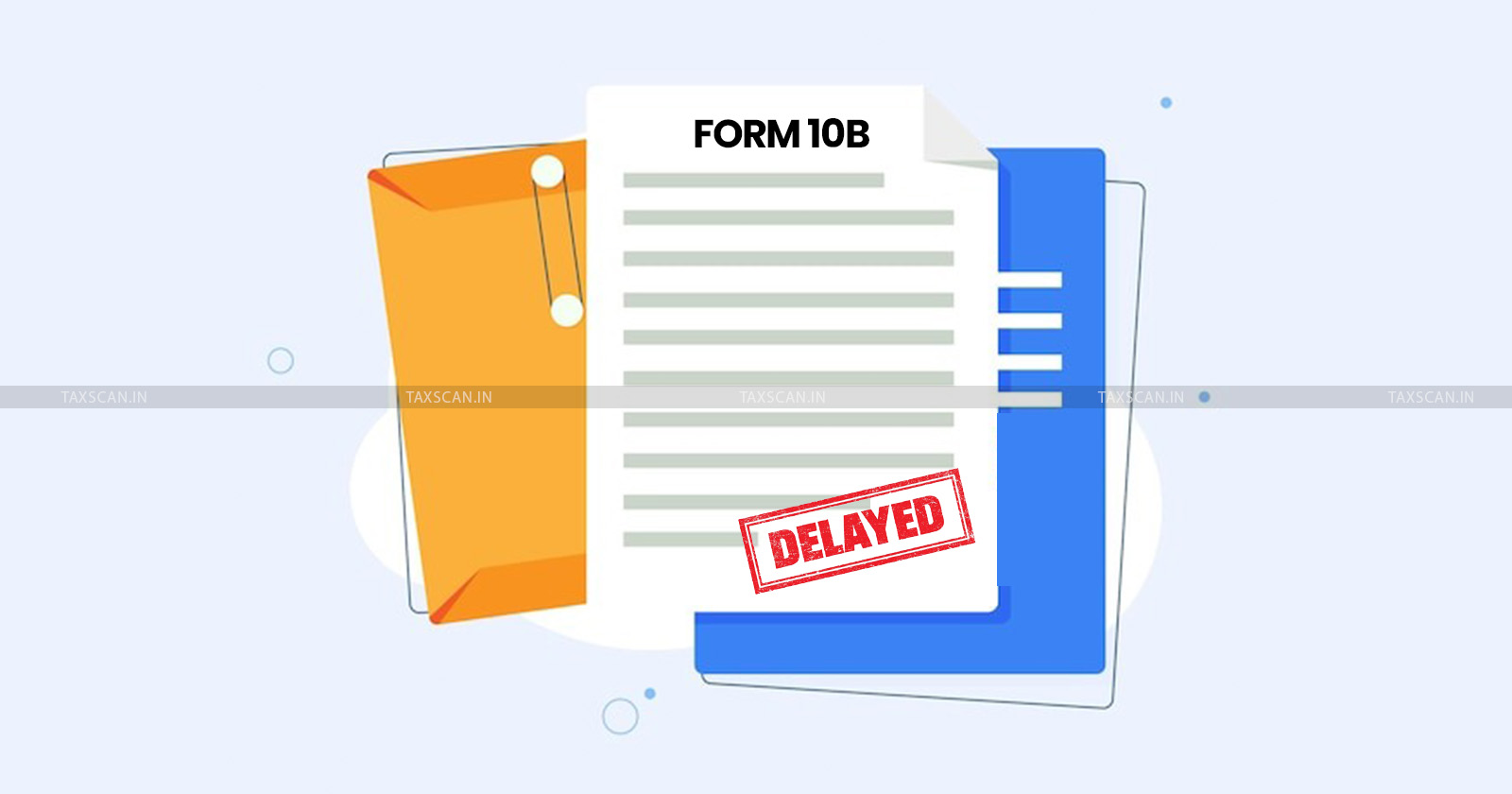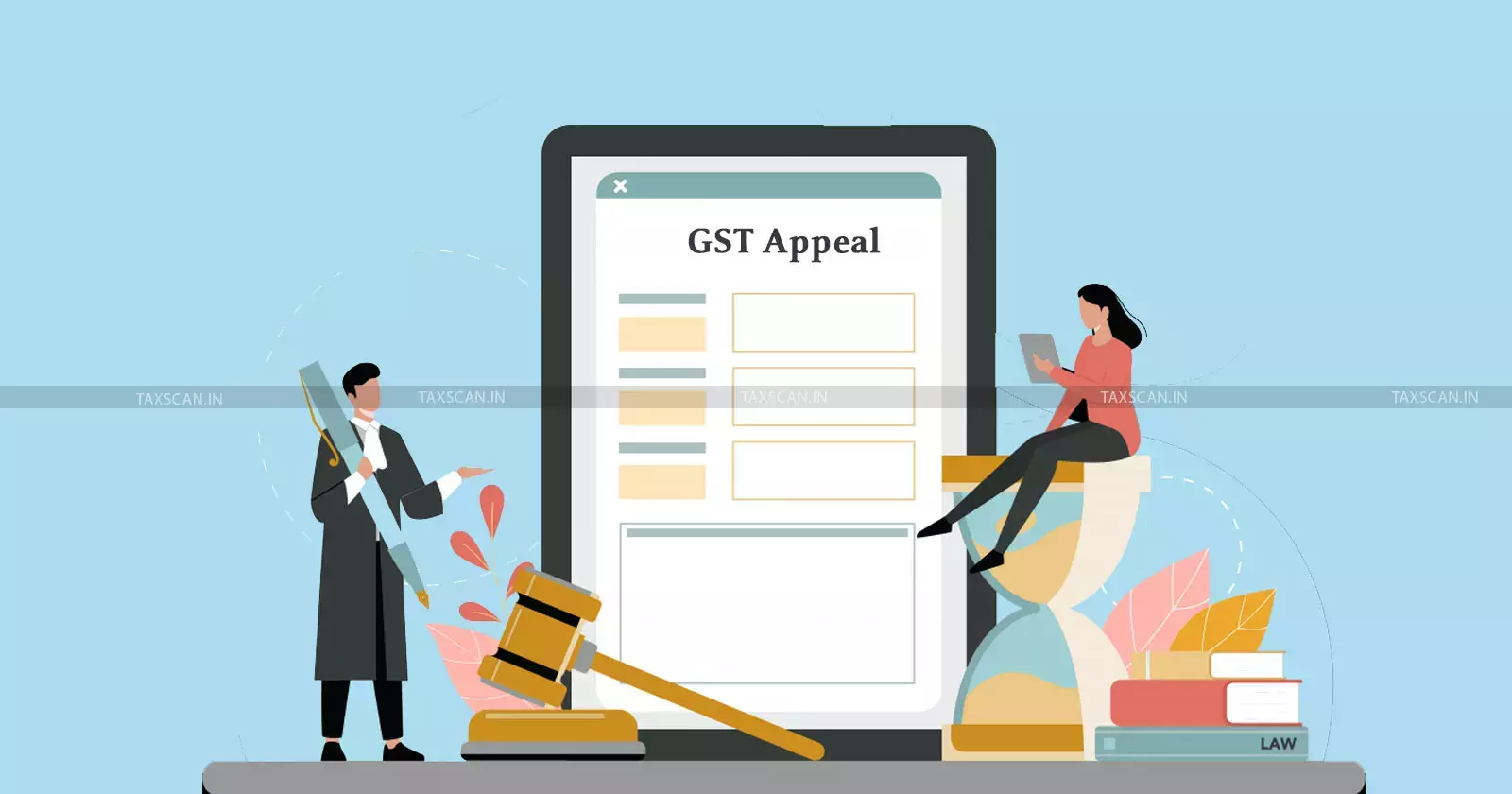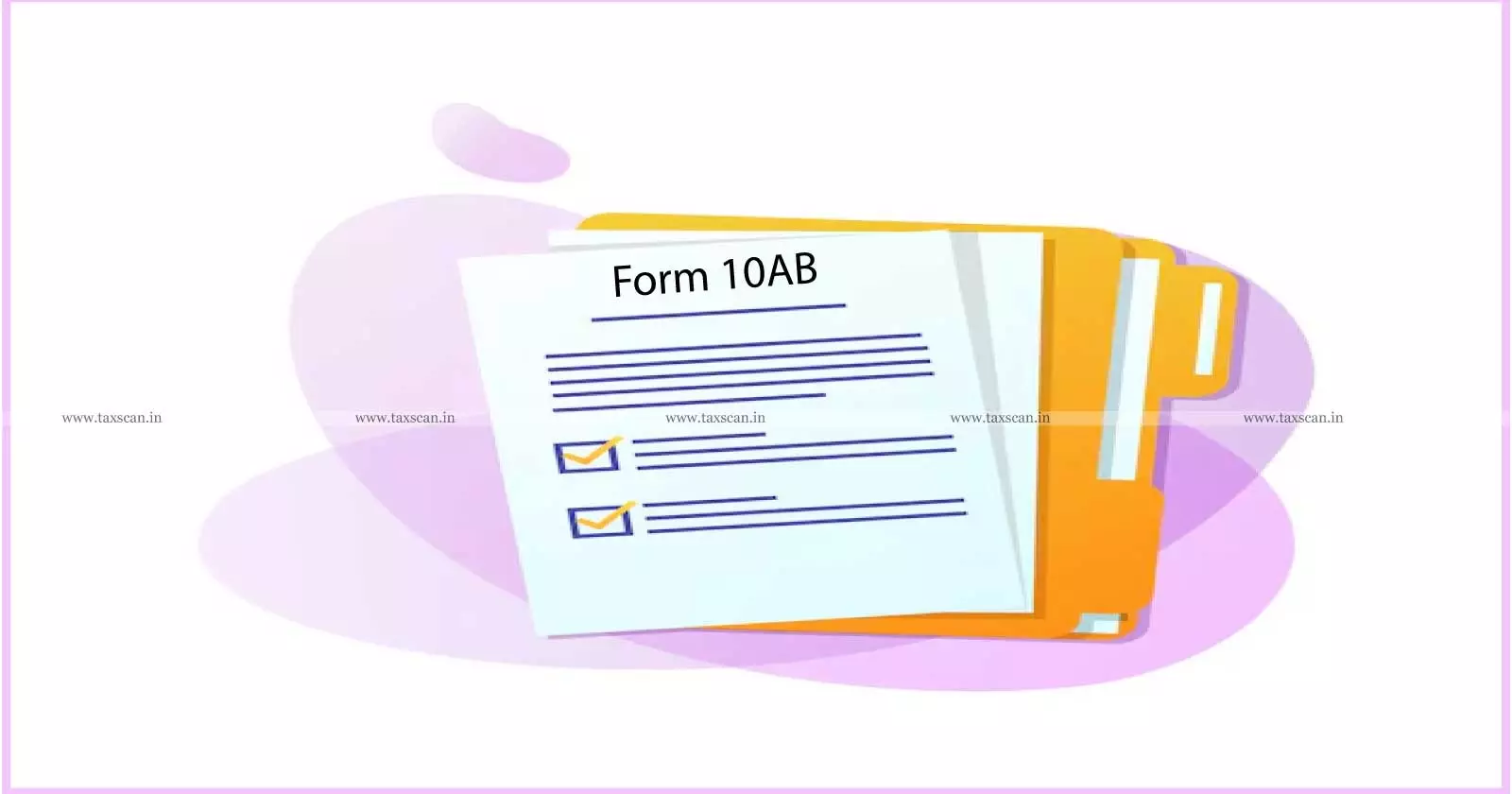Delay of 38 Days in Filing Income Tax Appeal Condoned: ITAT Finds Spam Folder Issue a Sufficient Cause [Read Order]
The Tribunal emphasized that refusal to condone delay would unjustly foreclose the taxpayer’s right to be heard on merits in an income tax dispute
![Delay of 38 Days in Filing Income Tax Appeal Condoned: ITAT Finds Spam Folder Issue a Sufficient Cause [Read Order] Delay of 38 Days in Filing Income Tax Appeal Condoned: ITAT Finds Spam Folder Issue a Sufficient Cause [Read Order]](https://images.taxscan.in/h-upload/2025/09/24/2090470-itat-chandigarh-income-tax-filing-income-tax-appeal-taxscan.webp)
The Income Tax Appellate Tribunal (ITAT), Chandigarh, condoned a delay of 38 days in filing an appeal, ruling that the appellant’s explanation of the order being misplaced in the spam folder of his email constituted a sufficient cause under Section 253(5) of the Income Tax Act, 1961.
The Appellant, Devi Dayal, is a resident of Kaithal, Haryana, who filed his return of income for the Assessment Year (AY) 2008-09 declaring ₹2,70,600. The return was processed under Section 143(1) of the Act, but subsequent reassessment proceedings led to additions.
His first appeal before the Commissioner of Income Tax (Appeals) was dismissed, and the appellate order dated May 18, 2024, was served electronically. However, the order landed in the spam folder of the appellant’s email, which he discovered after a routine follow-up. This led to a delay of 38 days in filing his appeal before the ITAT.
 Also Read:One-Day Delay in Filing Form 10B: ITAT Condones Delay and directs to Allow Charitable Trust Claim [Read Order]
Also Read:One-Day Delay in Filing Form 10B: ITAT Condones Delay and directs to Allow Charitable Trust Claim [Read Order]
The Appellant represented by Parikshit Aggarwal, and Shruti Khandelwal, argued that the delay was not deliberate but due to circumstances beyond his control. It was contended that he had no knowledge of the appellate order until he accidentally came across it while reviewing pending matters. It was submitted that the appeal was otherwise bona fide, and there was no intention to gain undue advantage by late filing.
The Revenue represented by Manav Bansal argued that taxpayers are expected to exercise vigilance in income tax proceedings and cannot escape liability by attributing lapses to technology or inadvertence.
The Bench comprising of Vice President, Rajpal Yadav and Accountant Member, Krinwant Sahay, examined Section 253(5) of the Income Tax Act, 1961, which empowers the tribunal to admit an appeal after the expiry of the prescribed period if it is satisfied that there was sufficient cause for not presenting it within that period.
 Also Read:56-Day Delay in GST Appeal Due to Partner’s Family Illness: Calcutta HC Sets Aside Rejection, Remands Matter to Appellate Authority [Read Order]
Also Read:56-Day Delay in GST Appeal Due to Partner’s Family Illness: Calcutta HC Sets Aside Rejection, Remands Matter to Appellate Authority [Read Order]
The tribunal also drew parallels with Section 249(3) of the Act and Section 5 of the Limitation Act, 1963, both of which use the expression “sufficient cause.” The Bench also referred to Supreme Court’s rulings in Collector Land Acquisition v. Mst. Katiji (1987) and N. Balakrishnan v. M. Krishnamurthy (1998), ruling that limitation laws are meant to prevent abuse of process but not to punish genuine litigants.
The tribunal relied on an application for condonation of delay filed by the appellant explaining the email misplacement, supported by precedents of the Supreme Court that construed the term “sufficient cause” liberally.
 Also Read:90-Day Delay in Filing Form 10AB for S.80G Approval: ITAT Restores Matter to CIT(E) Pending CBDT’s Decision on Condonation [Read Order]
Also Read:90-Day Delay in Filing Form 10AB for S.80G Approval: ITAT Restores Matter to CIT(E) Pending CBDT’s Decision on Condonation [Read Order]
The Tribunal noted that the assessee stood to gain nothing by delaying the appeal, as the consequence would have been a huge tax liability. The Tribunal observed that the delay was neither deliberately nor was it adopted as a strategy to litigate with the Revenue.
Therefore, the ITAT condoned the delay.
Support our journalism by subscribing to Taxscan premium. Follow us on Telegram for quick updates


